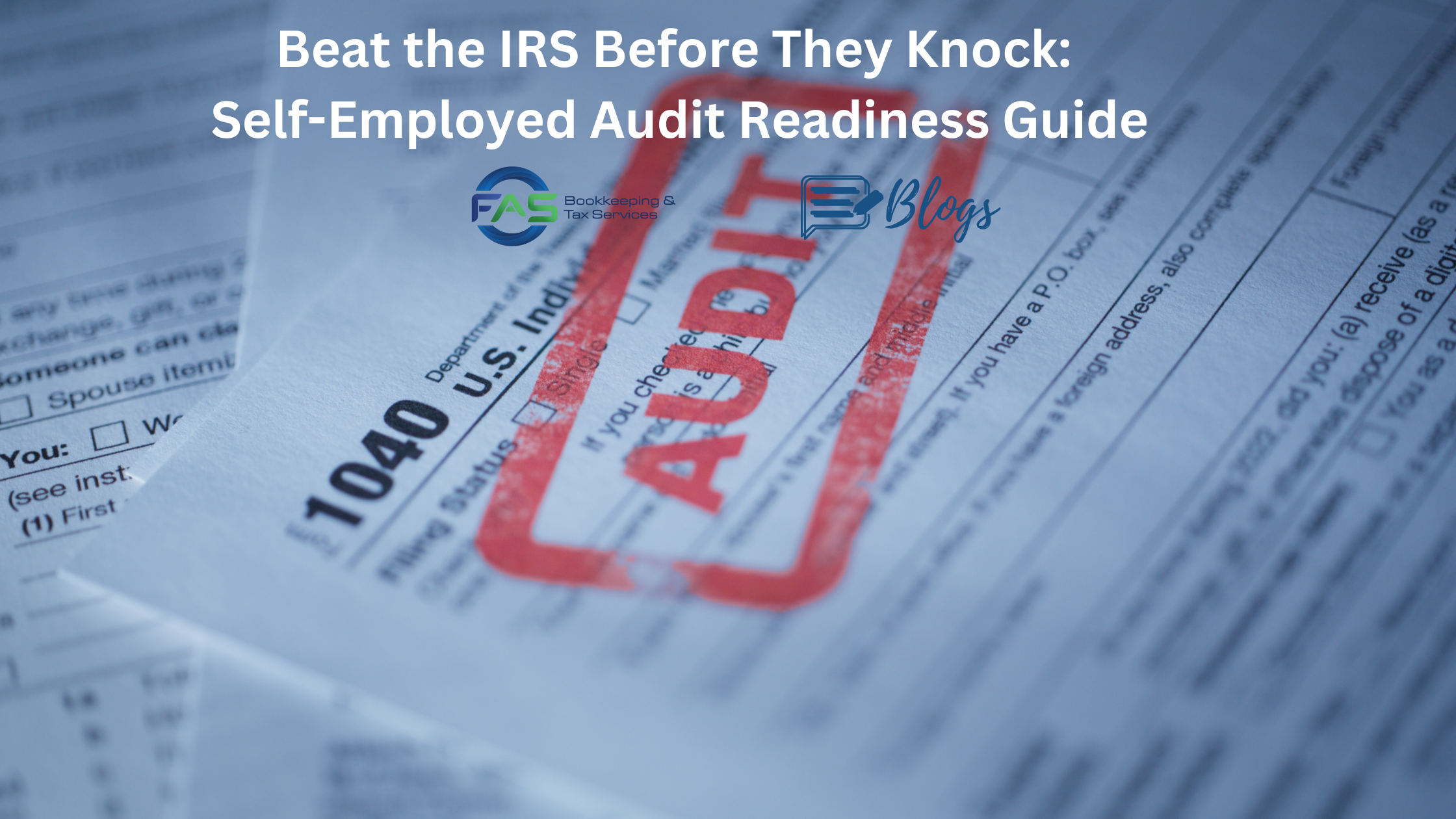If you’re getting a divorce, you know it’s a highly stressful time. But if you’re a business owner, tax issues can complicate matters even more. Your business ownership interest is one of your biggest personal assets and your marital property will include all or part of it.
Transferring Property Tax-Free
You can generally divide most assets, including cash and business ownership interests, between you and your soon-to-be ex-spouse without any federal income or gift tax consequences. When an asset falls under this tax-free transfer rule, the spouse who receives the asset takes over its existing tax basis (for tax gain or loss purposes) and its existing holding period (for short-term or long-term holding period purposes).
For example, let’s say that, under the terms of your divorce agreement, you give your house to your spouse in exchange for keeping 100% of the stock in your business. That asset swap would be tax-free. And the existing basis and holding periods for the home and the stock would carry over to the person who receives them.
Tax-free transfers can occur before the divorce or at the time it becomes final. Tax-free treatment also applies to postdivorce transfers so long as they’re made “incident to divorce.” This means transfers that occur within:
- A year after the date the marriage ends, or
- Six years after the date the marriage ends if the transfers are made pursuant to your divorce agreement.
Future Tax Implications
Eventually, there will be tax implications for assets received tax-free in a divorce settlement. The ex-spouse who winds up owning an appreciated asset — when the fair market value exceeds the tax basis — generally must recognize taxable gain when it’s sold (unless an exception applies).
What if your ex-spouse receives 49% of your highly appreciated small business stock? Thanks to the tax-free transfer rule, there’s no tax impact when the shares are transferred. Your ex will continue to apply the same tax rules as if you had continued to own the shares, including carryover basis and carryover holding period. When your ex-spouse ultimately sells the shares, he or she will owe any capital gains taxes. You will owe nothing.
Note that the person who winds up owning appreciated assets must pay the built-in tax liability that comes with them. From a net-of-tax perspective, appreciated assets are worth less than an equal amount of cash or other assets that haven’t appreciated. That’s why you should always take taxes into account when negotiating your divorce agreement.
In addition, the IRS now extends the beneficial tax-free transfer rule to ordinary-income assets, not just to capital-gains assets. For example, if you transfer business receivables or inventory to your ex-spouse in divorce, these types of ordinary-income assets can also be transferred tax-free. When the asset is later sold, converted to cash or exercised (in the case of nonqualified stock options), the person who owns the asset at that time must recognize the income and pay the tax liability.
Avoid Adverse Tax Consequences
Like many major life events, divorce can have major tax implications. For example, you may receive an unexpected tax bill if you don’t carefully handle the splitting up of qualified retirement plan accounts (such as a 401(k) plan) and IRAs. And if you own a business, the stakes are higher. Your tax advisor can help you minimize the adverse tax consequences of settling your divorce under today’s laws.




